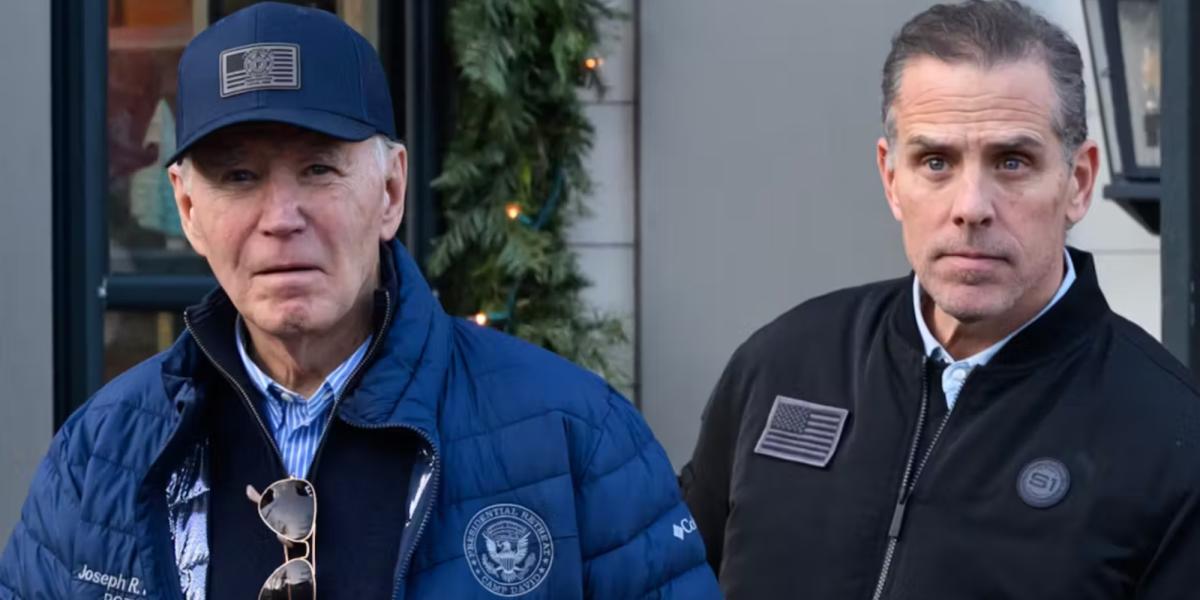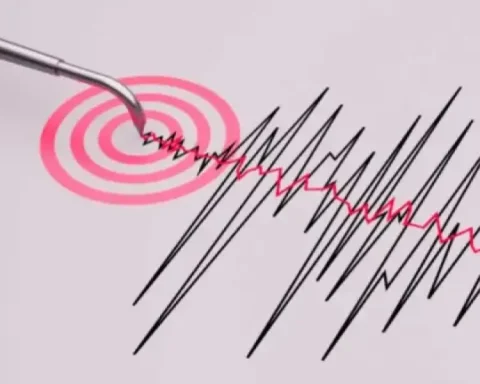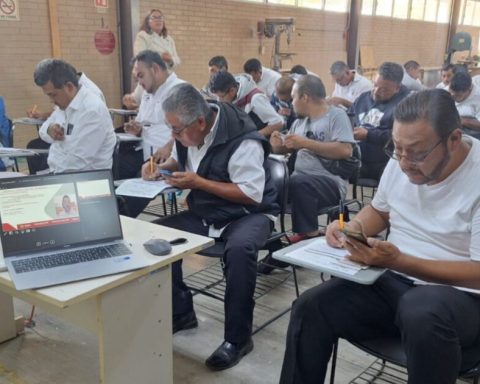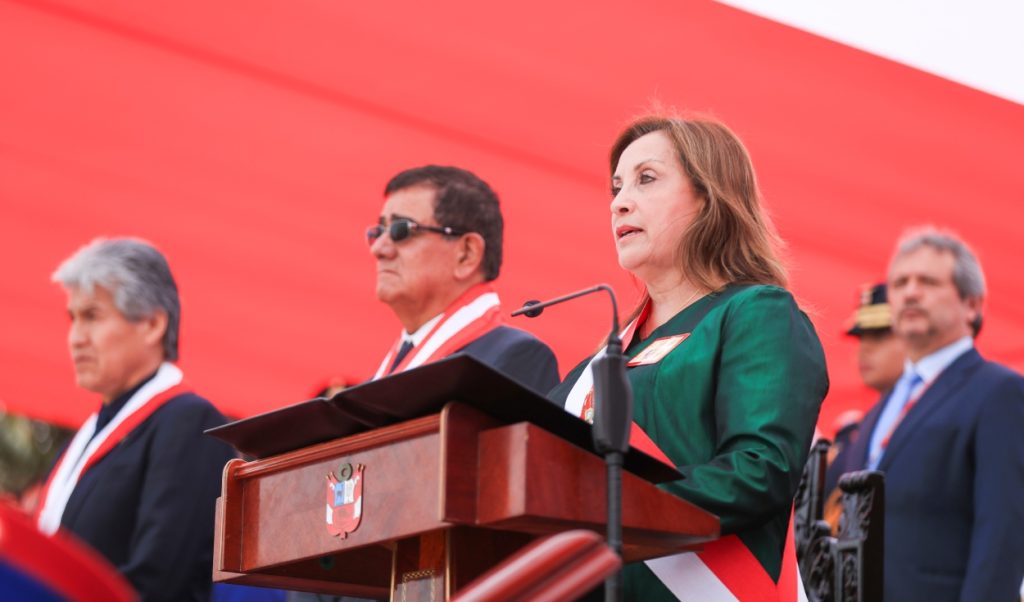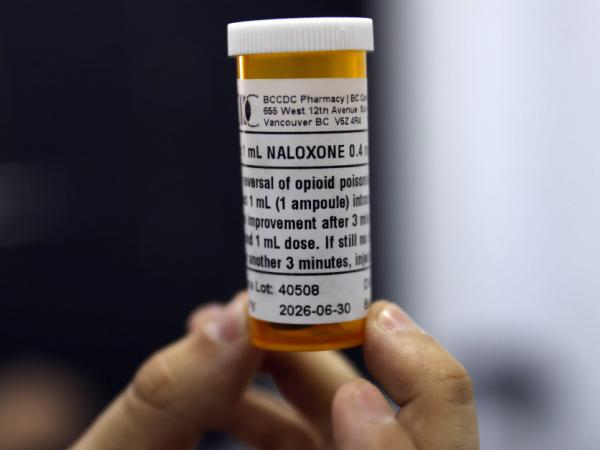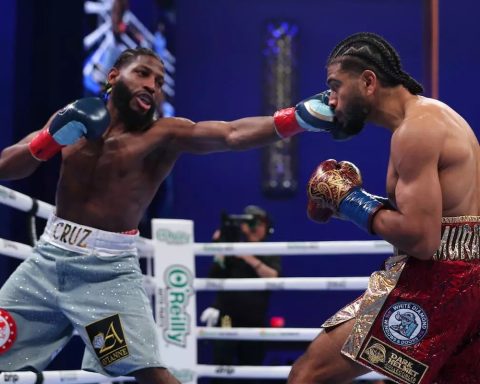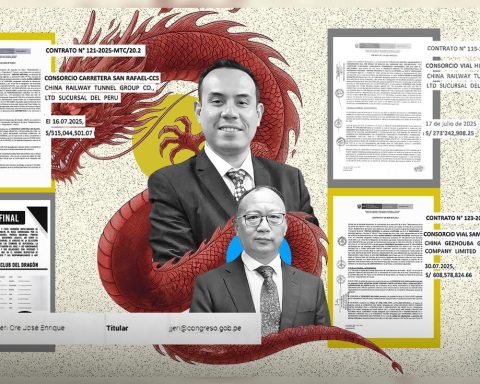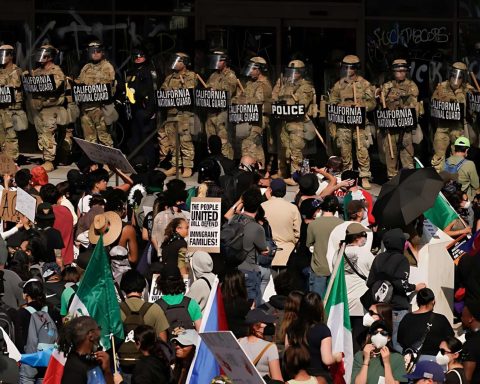US President Joe Biden’s decision to pardon his son, Hunteralthough having previously suggested that he would nothas reopened the debate on the use of this presidential power.
Hunter Biden will avoid possible prison sentences not only for his convictions for weapons and tax crimes, but for any “crime against the United States that you committed or may have committed or in which you participated during the period from January 1, 2014 to December 1, 2024.”
During his first term in the White House, Donald Trump granted a total of 144 pardons. Following Biden’s initiative to pardon his son, Trump raised the question of the convicted for his participation in the assault on the US Capitol on January 6, raising expectations that he may use clemency in his cases, something Trump has repeatedly promised to do.
But should the power of pardon be left solely to the discretion of the president? Or should there be restrictions on who it can be granted to?
As scholar of ethics and political philosophyI believe that much of the public debate around pardons must be framed by a more fundamental question: Should the power of presidential pardon exist in a democracy governed by the rule of law? What, after all, is the purpose of this grace?
With real roots…
Black’s Law Dictionarythe reference book for legal terms, defines the power of pardon as “an act of grace… that exempts the individual to whom it is granted from the punishment that the law inflicts for a crime he has committed.” Although the pardon power is probably as old as politics, the roots of the presidential pardon in the United States date back to English law.
The English Parliament legally placed an absolute power of pardon in hands of the monarch in 1535during the reign of Henry VIII. In the following centuries, however, Parliament imposed some limitations on this power, such as preventing pardons for scandalous crimes and pardons during a political trial.
The Founding Fathers followed the English model in establishing the powers of the executive branch in the Article II of the United States Constitution. Section 2 of that article specifically grants the president the “power to grant pardons and pardons for offenses against the United States” and recognizes a limitation on this power “in cases of impeachment.”
But the antidemocratic roots of the pardon power were a point of contention during the drafting and ratification of the Constitution. In a 1788 debate, Virginia delegate George Mason, for example, said that the president “should not have the power to pardonbecause he can frequently pardon crimes that he himself has caused. It may happen, at some future day, that he will establish a monarchy and destroy the republic.”
Mason’s concern clearly identifies this vestige of the absolute powers of the English monarchy as a potential threat to the new democracy. In response, assuming that the president would exercise this power cautiously, James Madison argued that restricting the pardon power in impeachment cases would be a sufficient safeguard against future presidential abuses.
…to religious reasoning
The political concept of pardon is linked to the theological concept of divine mercy or charity of an almighty God.
Pardon, as Supreme Court Justice Marshall noted in the 1833 ruling in United States v. Wilson, is defined as “an act of grace”. As in the Abrahamic beliefs – Islam, Judaism and Christianity – God has the power to give and take lifekings exercise the power to take life through executions and to grant it through the exercise of pardon.
Echoing the Lord’s Prayer commandment to “forgive the trespasses of others,” the book Leviathan of the English philosopher Thomas Hobbes He affirms that the sovereign must show his grace by forgiving the offenses of those who, repenting of them, desire forgiveness.
However, this analogy with divine mercy for all individuals conflicts with the legal principle of treating different cases differently. If all offenses were forgiven, forgiveness would be granted to all crimes equally.
There would be no need to make distinctions between the wrongly convicted and the rightly convicted, or between repentant and unrepentant criminals. All would be forgiven equally. Universal forgiveness thus violates the legal principle that each individual must receive what is due to him. In the eyes of the law, it is impossible to forgive everything and everyone.
The mystery of forgiveness
What Hobbes recognized, however imperfectly, is that the power of forgiveness is as essential to political life as it is to our personal lives. It helps to overcome past antagonisms and opens a path towards peace and reconciliation with others. The act of forgiving, as it says political theorist Hannah Arendtallows us “start again” and create a new future together.
But how to reconcile this need for forgiveness with the impossibility of forgiving everything?
An answer can be found in the work of French philosopher Paul Ricoeur. Ricoeur speaks of “mystery of forgiveness” (“forgiveness” literally translates to “pardon” in French). Recognizing the difficulty of turning forgiveness into a universal legal rule or norm, Ricoeur suggests that forgiveness can only exist as an exception to legal rules and institutions.
Forgiveness, in the words of Ricoeur“can only find refuge in gestures incapable of becoming institutions. These gestures…designate the ineluctable space of the consideration due to every human being, particularly the guilty.” In other words, it has to fly under the radar of regulations and institutions.
Justice Marshall alludes to this idea in his Wilson sentence. Marshall states that a pardon is “the private, though official, act of the executive magistrate, given to the individual for whose benefit it is intended, and not officially communicated to the Court.” The pardon remains incognito, or under the radar, in the sense that it is an extralegal act that does not go through legal institutions.
In these final days of the Biden administration, this mystery offers an important reminder of the need for clemency, as well as its limitations. The democratic transfer of powers always implies an act of forgiveness that remains anonymous. It allows for a new beginning in which society can acknowledge the past transgressions of an outgoing administration, but move forward in the hope of starting anew.
Although critics of the President may reject individual pardons, especially those affecting family members, society should not renounce the power of the pardon itself: it brings a renewal of hope to democracy.
